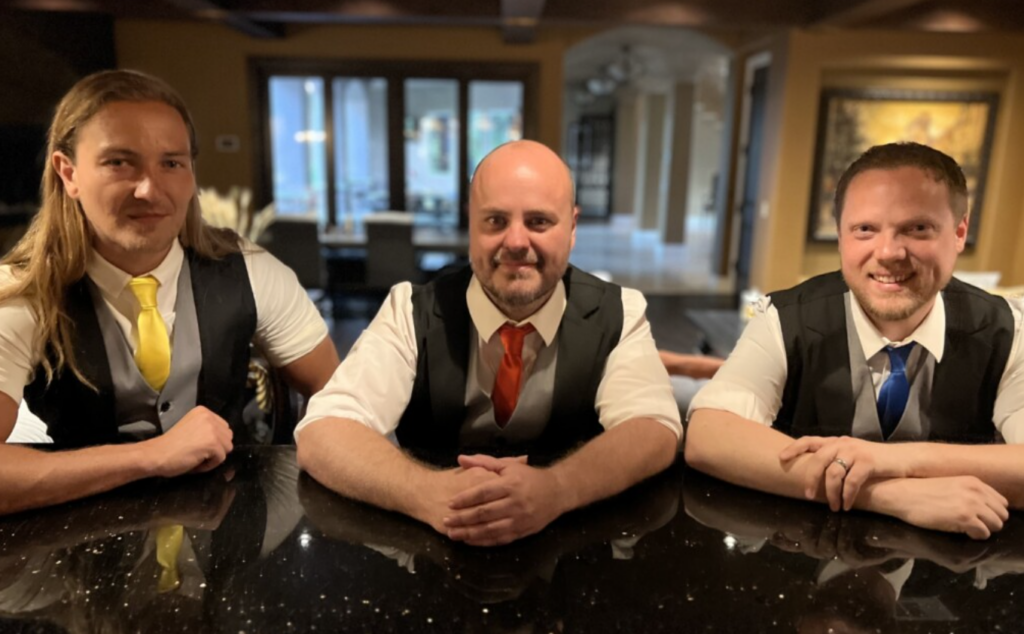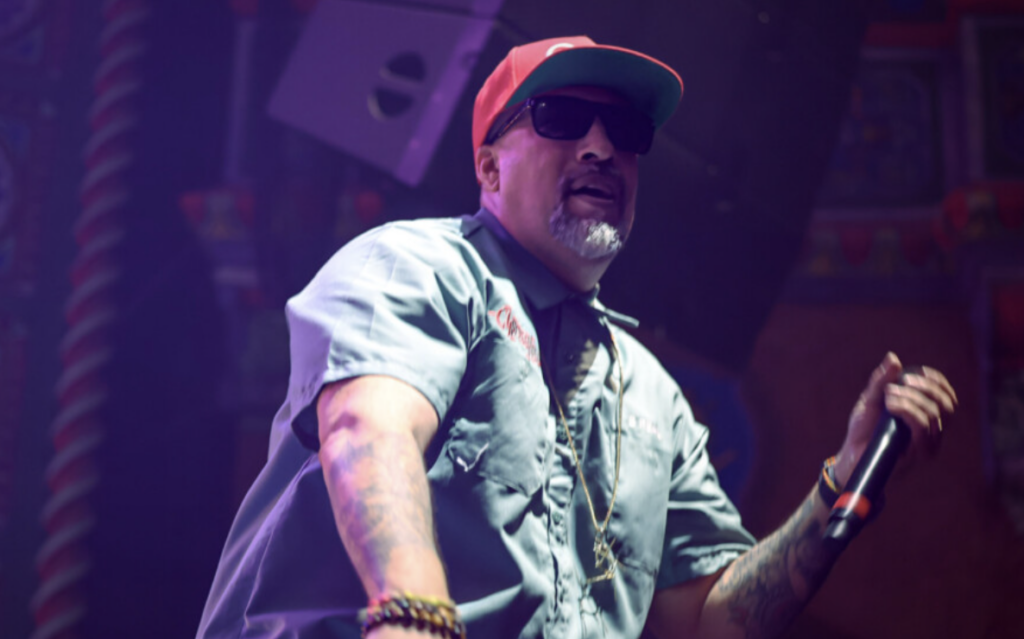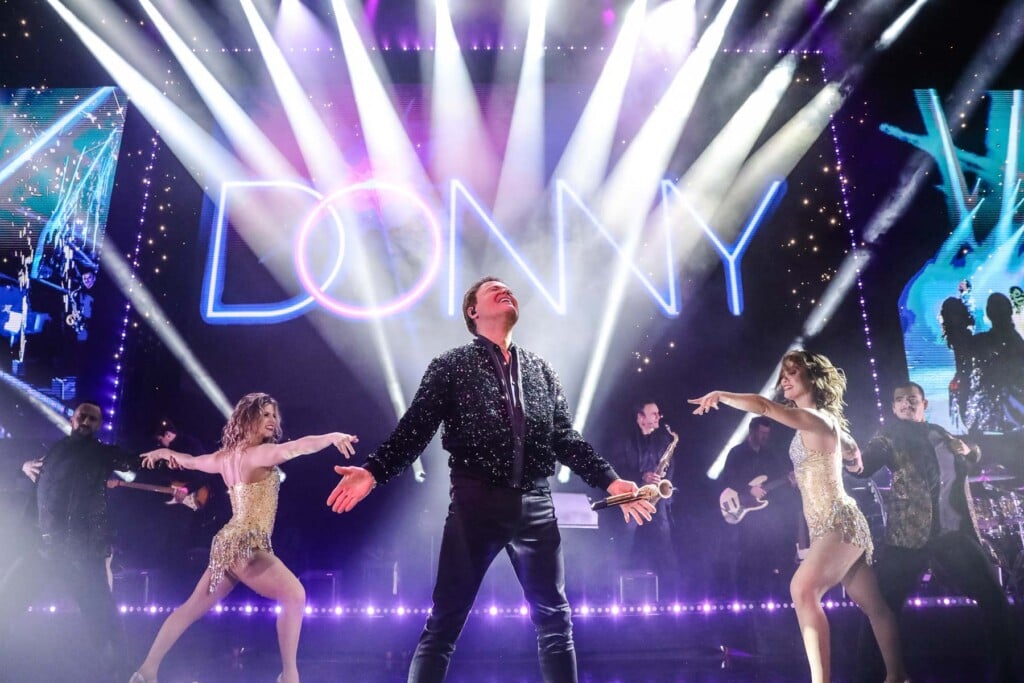Vocalist Angela Hagenbach’s Unity Temple tribute brings the history of Black female voices to life
On Sunday, March 19, “A Tribute to Black Composers” concert will take place at Unity Temple on the Plaza to support the 15 and the Mahomies Foundation. Established by Kansas City Chiefs quarterback Patrick Mahomes in 2019, the Foundation is “dedicated to improving the lives of children [and] supports initiatives that focus on health, wellness, communities in need of resources and other charitable causes.”
Details and tickets are available here.
Created for the 2022 Sunflower Music Festival, “A Tribute to Black Composers” is “a history of Black songwriting and publishing in the 20th century” and highlights the music of Jay McShann, Louis Jordan, Duke Ellington, Mamie Watts, Nat Adderley, Bobby Watson, and more, including new, 21st century compositions by trombonist Jason Goudeau and vocalist Angela Hagenbach, who feature alongside the performance of the 19-piece City Light Jazz Orchestra, under the direction of pianist Angela Ward.
Three vocalists tell the story of the noted composers and will swing the audience through 100 years of music in a scant 90 minutes.
We spoke with featured vocalist Angela Hagenbach about her work as part of the show.
“It went over so well people wanted it to be repeated,” Hagenbach relates by phone. “Especially folks in Kansas City, because they didn’t necessarily have the opportunity to travel for Topeka.”
What appealed to Hagenbach about performing in this tribute was her love of working with the “incredible” City Light Jazz Orchestra and the opportunity to perform one of my pieces arranged for big band.
“That was exciting to do,” Hagenbach enthuses. “And I had the opportunity to do Bobby Watson’s piece called ‘My Song,’ and it wasn’t actually a vocal, it was a spoken word piece–a wonderful poem by Glenn North. That was interesting.”
Going through a hundred years’ worth of music in a non-stop 90-minute concert presents challenges for any performer. Still, for her work as a vocalist, Hagenbach is thankful she didn’t have to do it alone because of the other vocalists’ performances.
“I reached back into my repertoire and did a few pieces,” recalls the vocalist. “We each did three or four pieces and then a piece together. It was a nice mixture of styles, arrangements, vocals, and such a big band, which is always exciting for me anyway. I love the band behind me.”
Hagenbach also points to the historical flow of the music as part of the appeal, and we take the opportunity to ask her about the fact that March is Women in Jazz month and, while there are a lot of KC artists represented as part of this concert, it seems that when the story of Kansas City jazz is told, women are frequently left out of that picture,
“Well, being a male-dominated profession, women tend to have to make our way and be sure that we are heard and seen and our talents and artistry is at the forefront,” Hagenbach says. “I’m sort of used to that. I’ve had several careers, and with each one, I’ve had to be a pioneer for my own trajectory.”
Hagenbach says she doesn’t understand why that is but says that women in jazz are making headway, though it’s difficult to explain, given how complicated the situation can be.
To that end, Hagenbach is using history to lift the voices of Black history’s ignored and unsung people.
Alongside the Weston Historical Museum, and through that entity, she’s part of a nonprofit called the Black Ancestors Awareness Campaign.
“We do all kinds of wonderful things to bring about awareness and equity to the black forebearers of Weston, Missouri,” Hagenbach explains, saying that the BAAC is part of a section called “Pathway to Healing” at the new Kansas City International Airport, as well as helping to create a 30-stop tour of Black history in Weston.
“My mother’s people came to Missouri by way of Kentucky and Virginia through Weston, and spent 150-plus years there as part of the community, but there’s no real evidence.”
Well, she says, when she started, there was no real evidence, but the Campaign is making changes: “We’re saying their names, and we’re bringing their stories back to life.”
“A Tribute to Black Composers” occurs at Unity Temple on the Plaza on Sunday, March 19. Details and tickets are available here.





